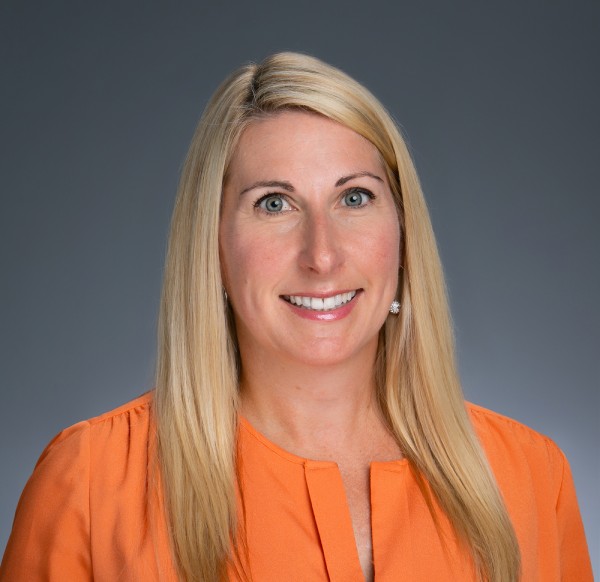February 1, 2021
If you’ve been diagnosed with cancer, you probably have a considerable to-do list: Make appointments with your oncologist, research treatments, talk to your employer, and line up help for you or your family (or better yet, ask a friend to figure it out).
At the risk of adding another item: Visit a cardiologist. Yes, even if your cancer is nowhere near your heart.
It’s yet another cruel feature of cancer that the disease can cause short-term and long-term heart problems, says Heather Westmoreland, MD, a Northside Hospital cardio-oncologist who specializes in the intersection of cancer and heart disease.
The good news? Working with a cardiologist early—and connecting your oncology and cardiology teams—can head off some potential problems before they even begin.
“This was something no one was talking about 10 years ago,” Dr. Westmoreland says. “But now we know more, and we (cardiologists) should be seeing patients as soon as they have a cancer diagnosis.”
Cancer treatments such as chemotherapy, radiation, immunotherapy and newer targeted therapies save and prolong lives. But they can also be hard on the heart, causing problems including high blood pressure, abnormal heart rhythms, coronary artery disease and heart failure. These effects sometimes appear immediately and sometimes years down the road, Dr. Westmoreland says.
The mechanics of how treatment damages the heart vary. Chemotherapy can cause blood vessels to constrict, raising blood pressure. Chemotherapy also leads to chronic inflammation in the body that causes cholesterol to stick to the inside of the arteries. High blood pressure and high cholesterol are both risk factors for heart attacks.
Radiation in the chest area—say, to kill a lung tumor—might hit heart tissue, causing thickening in the valves or blood vessels and impairing the heart’s ability to pump properly. Immunotherapy, in which the body’s immune system is activated to fight the cancer, can lead to myocarditis, or inflammation of the heart wall—another precursor to heart attack and heart failure.
In some cases, the cancer itself is what affects the heart. For example: Melanomas, the most serious form of skin cancer, can metastasize and spread to the heart. Breast and lung cancers can cause fluid to collect around the heart, a potentially life-threatening condition known as pericardial effusion.
You don’t have to choose between your heart health and treating your cancer, Dr. Westmoreland says. Instead, you treat the cancer with a watchful eye on your heart.
Here are some real-world examples of how cardio-oncologists do it:
If a chemotherapy drug is found to have harmful effects on a person’s heart, the oncologist can give a lesser dose at more frequent intervals, take preventive measures such as giving medications before the treatment, or switch to a different drug.
“We jump in at a crucial time to prevent an irreversible issue,” Dr. Westmoreland says.
At Northside, cardio-oncologists are working to develop a post-cancer clinic that will follow survivors for years after cancer treatment. People who had cancer already return to their oncologists for follow-up testing to make sure the cancer has not returned, and Dr. Westmoreland also wants them to see a cardiologist annually.
“Ideally, everyone should be screened and followed for five to 10 years,” she says. “And if nothing happens (to the heart), that’s great. That’s what we’re hoping for.”
